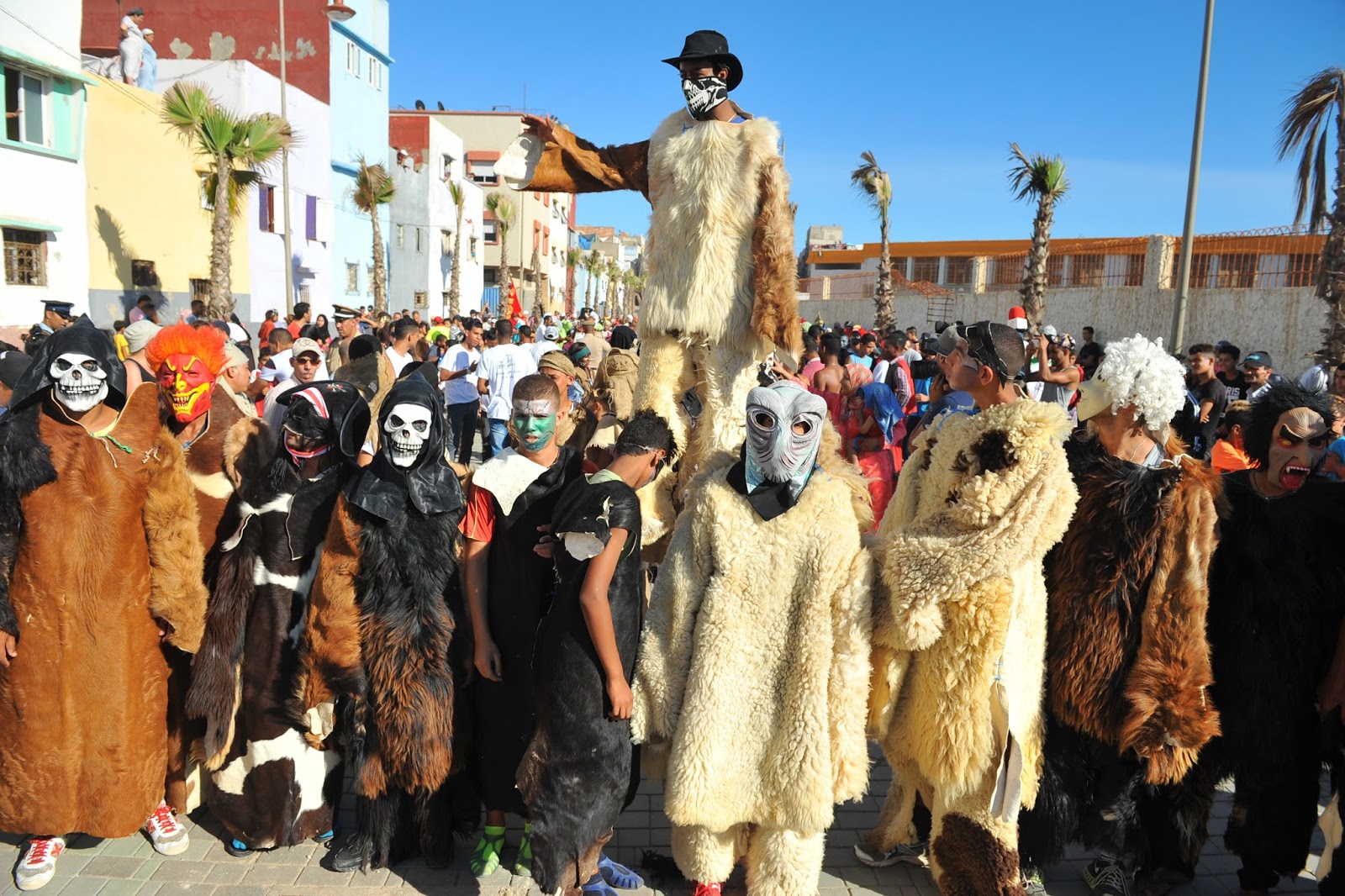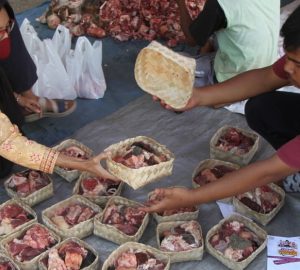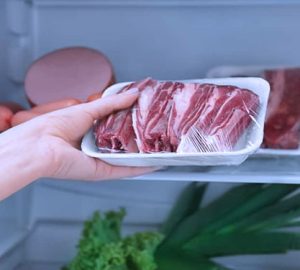This year Eid al-Adha in Morocco fell on Monday, August 12, 2019, a day different from most Muslim-majority countries in the world, including Indonesia, which celebrates Eid al-Adha on Sunday, August 11, 2019.
Eid al-Adha became my new experience living in this thousand fortress country. A special opportunity to be able to live as a stranger in someone else’s country.
The Eid al-Adha celebration in Morocco was one of the most unique among other countries. To celebrate Eid al-Adha, young people in Morocco wear woolen clothes to resemble goats in the Bouljoud Carnival, then walk around the village.
Eid al-Adha in Morocco is better known as Ied Kabir (major holiday), why? because it was during Eid al-Adha, Moroccan society gathered with family to be one to celebrate happiness and togetherness. Here lies the sacredness of Ied Adha in the eyes of Moroccans, in contrast to Eid.
During Eid al-Fitr, Moroccans don’t take a day off from work. Only a few agencies that dismiss employees, stalls are open and run as usual. Homecoming tradition was not found during Eid. I felt something strange during Eid al-Fitr yesterday, because it was quiet and not crowded.
Unlike Eid al-Fitr, Eid al-Adha was an atmosphere that I feel to be the opposite of Eid al-Fitr. During Eid al-Adha, the atmosphere on the street felt so alive. Small children, men, women, and adults crowded the alleys in the corner of the village.
The firecrackers blast alternately. Tobla wasps playing hard accompanied by takbir. This is the atmosphere of Eid al-Adha that we can find in Morocco, even the institutions in the land of the Sunset have been closed a day or two before the feast.
During Eid al-Adha, stalls and markets will close for about a week. A week’s staple food supply must be prepared before the holiday, because all sellers in the shop and at the market go back and forth to their hometown to gather with relatives.
So, Moroccan’s Eid al-Adha is Indonesia’s Eid al-Fitr.
In Ied Kabir, almost every house sacrifices, both goats and sheep. Even poor families do so. In Morocco, the tradition of sacrifice becomes compulsory to all; rich and poor, they are willing to borrow money in banks with zero dirhams to sacrifice, if in one house there are three families, then each slaughter one goat. Just like when we were small, Eid is not complete without buying new clothes.
This deep-rooted tradition is what makes Eid al-Adha even more festive for them. They are happy because they can make their children happy by slaughtering animal for qurban.
On the first day of the 10th of Dhu al-Hijjah, after performing Eid prayer in congregation in a wide field, continued with the slaughter of sacrificial animals. If in the homeland after being slaughtered, the sacrificial meat is immediately distributed to those entitled to receive it, another thing is in Morocco.
After being slaughtered, the sacrificial meat is hanged intact after the inside and head are taken. They sacrifice the meat for one night before cutting it into pieces.
The first thing they did was take the heart of a sacrificial animal and then called a kabab, usually they eat it together with typical Moroccan Na’na tea.
At lunch they eat Taqliya, which is intestine and other types of insides taken from sacrificial meat with markers, which are Moroccan dishes. They eat it together in one table. In the afternoon it was a gathering of friends, visiting each other family, relatives and relatives.
Animal’s heads are roasted, then cooked in whole in Moroccan “couscous” food in the form of steamed wheat and then decorated with various vegetables on top. Served in a large dish and eaten together.
Couscous is a typical Moroccan food whose tradition is a food menu every Friday. That was a series of activities on Ied Kabir day in Morocco.
Concluding this short article about the unique traditions of Ied Adha in Morocco. There is one unique and cool greeting that is commonly spoken by Moroccans during Ied Adha, ‘Awasyir Mabroukah.
If we meet them and say “Ied mubarouk Sa’ad ya khuya!” (Happy Holidays, my brother!)
Then he will answer “‘Awasyir Mabroukah‘ alaina wa ‘alaikum” (May 10 days of Dhul-Hijjah bring blessings to us and you).
This statement refers to the hadith of the prophet which shows the primacy of the first ten days in the month of Dhu al-Hijjah.
Awasyir Mabroukah Ayuhal Qaari!
Artikel ini juga tersedia dalam bahasa:
 Indonesian
Indonesian




